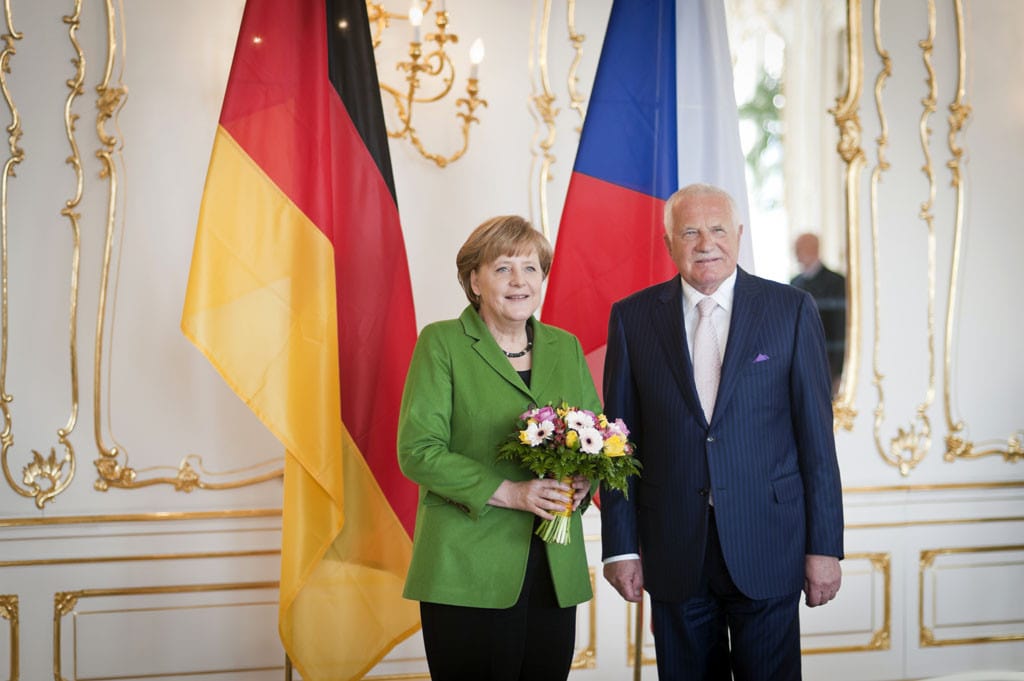
Two of Europe’s most conservative leaders said they will miss former German Chancellor Angel Merkel’s leadership, despite their disagreements with her.
Both Prime Minister of Hungary Victor Orbán and former Czech President Václav Klaus expressed appreciation for the sixteen years Merkel gave as German chancellor and as a key leader in the European Union.
On December 8th, Merkel stepped down and was replaced by the leftist Olaf Scholz. Orbán posted an article on his website that considered the end of Merkel’s tenure as the beginning of a new era in European cooperation, and not necessarily a better one.
“On December 8th, Angela Merkel leaves the German Chancellorship. A piece of the life of Central Europeans will go with her. We understood her, she understood us,” Orbán began.
He recalled the early years of Merkel’s political career and the cooperation between “the loyal and disciplined Germans” and “the rebellious and reckless Hungarians.”
“We managed the financial crisis in 2010, we were partners in the fight to keep the European Union together, and together we watched helplessly and without recourse the European tragedy of the outbreak of the Russian-Ukrainian war,” he wrote.
The second half of the article reflects on the divergence of German and Central European world views that became evident in the face of the 2015 refugee crisis. Orbán called it a “crossing of the Rubicon” and compared the rift to an injury that an athlete never completely recovers from.
“It revealed that for Hungarians and other Central Europeans, the homeland is essential. The nation is the origin, and without patriotism there can be no healthy emotional life. It turns out that Germans are on the other path of European civilization, towards a kind of post-Christian and post-national state,” he wrote. “Restoring European cooperation will require superhuman efforts in the post-Merkel era.”
“The gloves are now off,” he concluded.
In a short reflection also posted on December 8th on the website of the Václav Klaus Foundation, Klaus concurred with Orbán in that European cooperation will be more difficult without Merkel.
“Without Angela Merkel, it will get worse,” he wrote.
Despite his many “disputes” with Merkel, Klaus wrote, he had to acknowledge she was “the embodiment of the calm, prudent and restrained force required by the complex European mechanism. In the tradition of her predecessor, Helmut Kohl, she avoided radical steps and left problems to solve on their own.”
Her leadership, he continued, “acted as a reliable safeguard for order and predictable politics.”
“This was also important for fragile Czech-German relations. In an extremely happy and relatively quiet period, she ruled on the pillow of wealth that the single currency, the euro, brings to Germany from all over Europe,” he concluded his statement.
